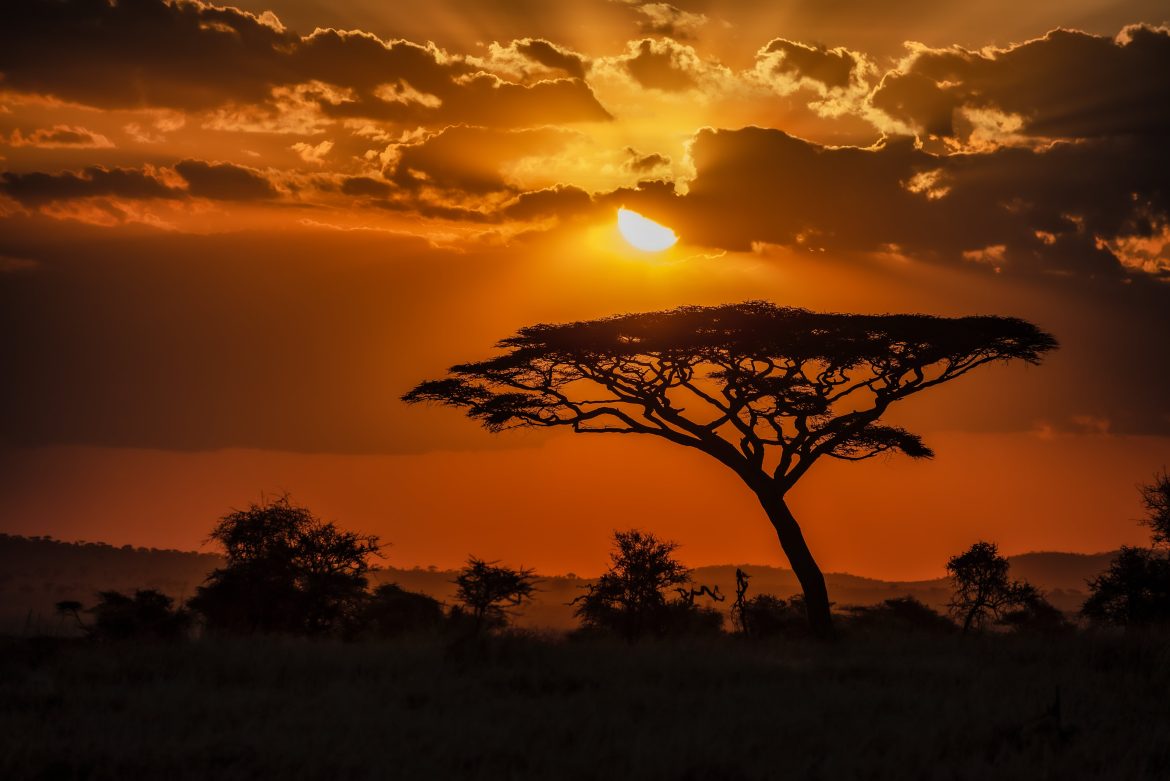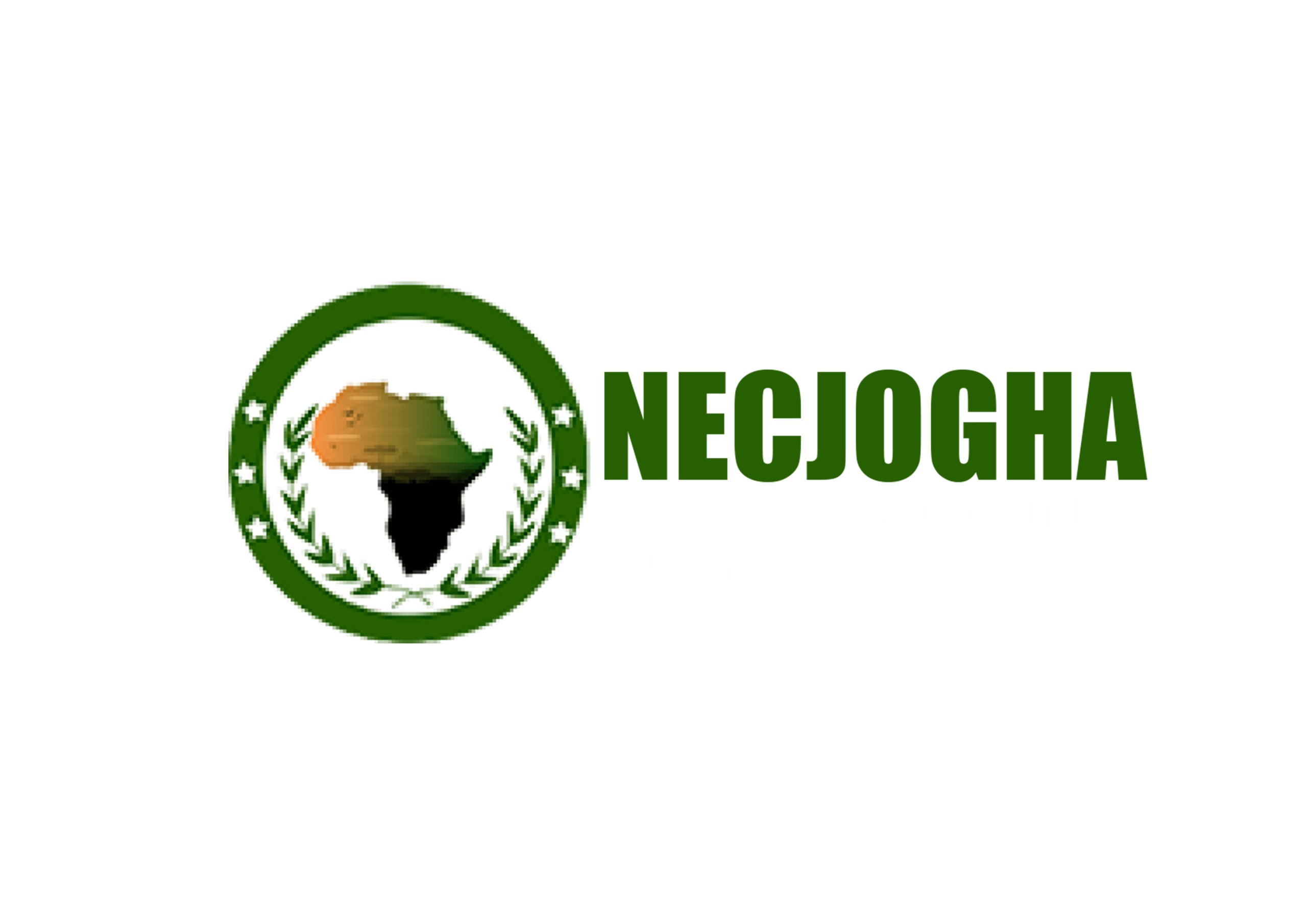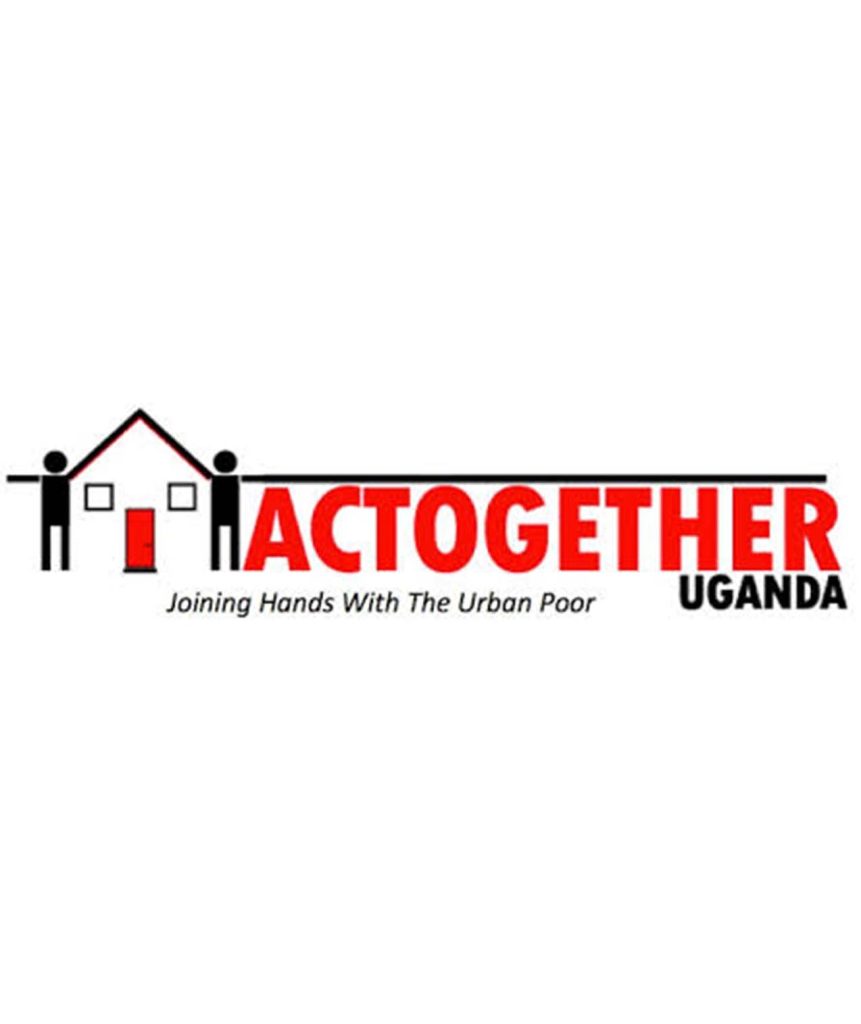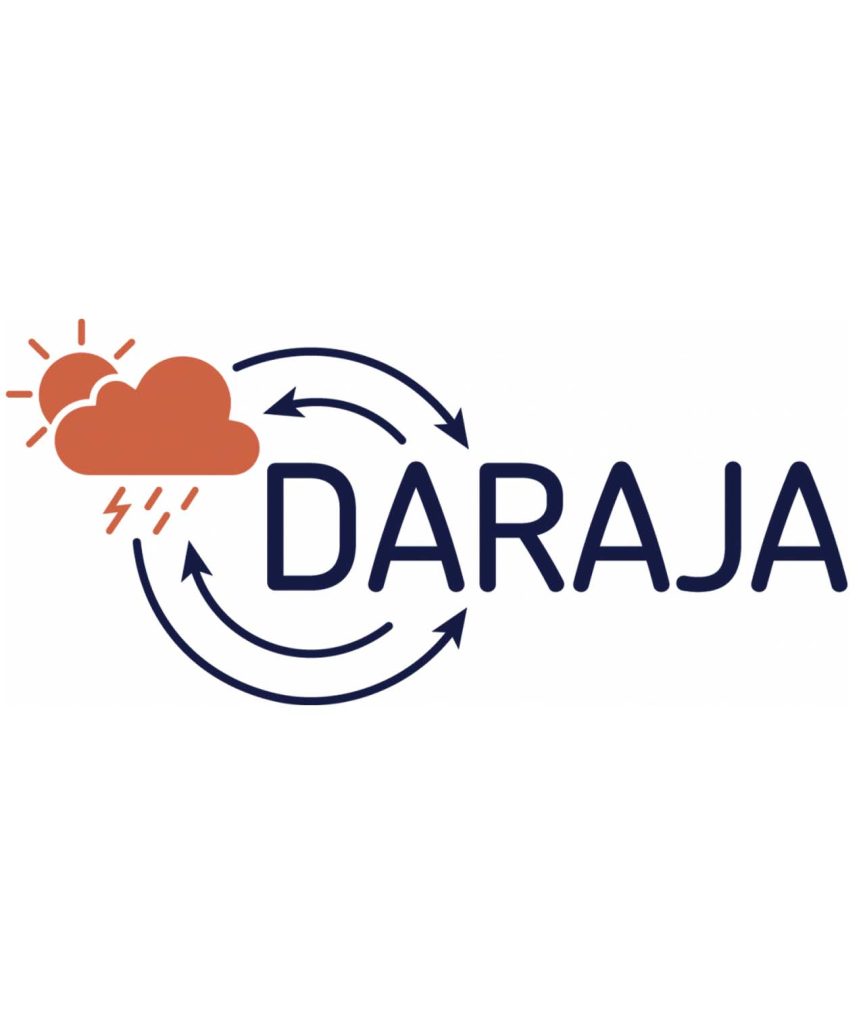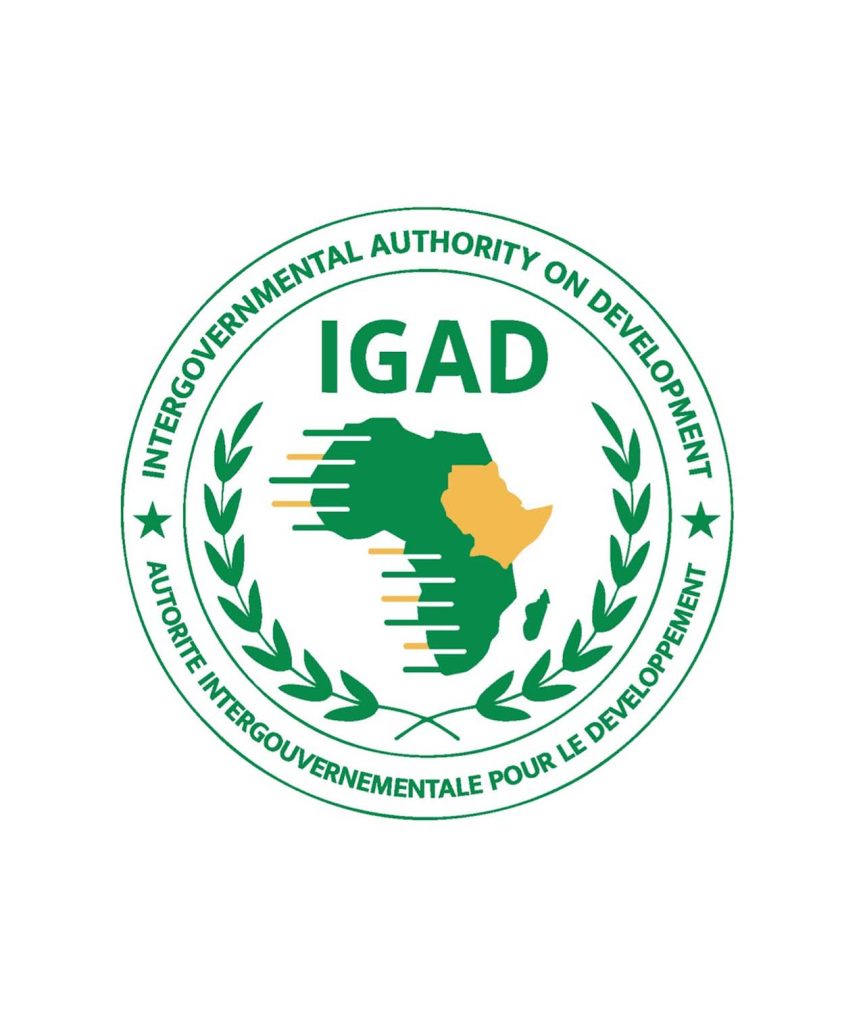[OPENING SCENE: Slow pan over farmland, homes, and faces of PAPs]
VOICEOVER: For generations, this land has been our home. Our fields fed us and sustained our families and communities. Our rivers quenched us, providing clean water for drinking, fishing, and irrigation. Our soil ties us to our ancestors through sacred sites and communal lands. But the East African Crude Oil Pipeline (EACOP) has turned lives upside down. Stretching from Uganda’s Albertine Graben to Tanzania’s Tanga port, the pipeline has displaced thousands of families. Farmers have been evicted with inadequate compensation, often receiving far less than the value of their land or promised replacement plots that are infertile or inaccessible. Critical ecosystems and water sources, face degradation, threatening biodiversity and access to clean water. The project has increased risks of gender-based violence and loss of access to communal resources. The pipeline, driven by economic promises, risks entrenching poverty and environmental harm, leaving our heritage fractured.
[CUT TO: PAPs speaking, holding photos of their land before displacement]
VOICEOVER: communities grapple with inadequate or delayed compensation. Reports highlight coercion, with some PAPs pressured to sign agreements under threat of loss of any compensation. Women and other marginalized groups have faced disproportionate impacts, including loss of land rights and increased vulnerability to exploitation. Despite promises of jobs and development, many locals report minimal economic benefits, with skilled positions often awarded to outsiders.
[CUT TO: Clips of protests, community meetings, FFF Uganda activists listening to PAPs]
VOICEOVER: The resistance against the EACOP has been marked by resilient defiance despite intimidation. Communities have organized grassroots movements, holding protests, community forums, and public demonstrations to demand justice. Fridays for Future Uganda has been a pivotal ally, amplifying their voices through social media campaigns, capacity building and detailed reports documenting forced evictions, inadequate compensation, and environmental degradation. In collaboration with other CSOs, we have rallied alongside PAPs, and engaged the international community to highlight the social cost of the pipeline.
[CUT TO: FFF Uganda at protests, holding signs #StopEACOP, sharing PAP testimonies online]
VOICEOVER: The collective resistance has relentlessly exposed the EACOP project as a driver of devastation rather than development.
[CUT TO: A woman standing in her field]
AFFECTED WOMAN : They promised to build for me a house but now it has been four years and my old house fell to the ground. I have no feedback or hope.
[CUT TO: FFF Uganda’s social media campaigns, international news clips]
VOICEOVER: The global spotlight on the East African Crude Oil Pipeline (EACOP) grievances is growing day by day. Yet, the struggle persists: EACOP construction continues, while some communities remain uncompensated, and activists face ongoing arrests and censorship. communities still rally, demanding justice and an end to the pipeline’s destruction. The fight, fueled by global solidarity, is far from over.
[CUT TO: A group of PAPs and activists standing toget her, determined]
VOICEOVER :This pipeline is not inevitable. Because when a community rises, when the youth stand with them, and when the world pays attentio n, change becomes possible.
[FINAL SCENE: Stop EACOP’ banner, sunset
VOICEOVER :The land is more than soil. It’s life. And those who defend it? They are unstoppable.
[END SCREEN: Text on black background] :Stand with EACOP-affected communities. #StopEACOP #LandRightsNow”
- Drought claims more than 20 people in Kolla Tembien signaling deepening humanitarian crisis in war-torn Tigray
- What you need to know about the first AI-driven tool for drought resilience
- Palestinian who helped make Oscar-winning No Other Land killed in West Bank
- Israeli settler Yinon Levi, whom Trump removed from US sanctions list, arrested after death of Awdah Hathaleen

